You are what you eat: amazing motives of cannibalism among different nationalities of the world
Categories: Culture | Nations | World
By Pictolic https://pictolic.com/article/you-are-what-you-eat-amazing-motives-of-cannibalism-among-different-nationalities-of-the-world.htmlGlobalization greedily devours the uniqueness of countries and regions. More and more original beliefs and traditions are becoming a thing of the past, they are being replaced by all sorts of Halloween, which have nothing to do with the culture of most peoples. But, fortunately, it is still very far from turning the whole world into a monotonous Americanized mass. There are plenty of places on the planet where customs that are amazing for outsiders are preserved. Including such extravagant ones as cannibalism.
Wari Tribe, Brazil
Deep in the Amazon forests lives a small tribe of Vari. There are no more than two thousand of them left. This tribe was the last of all South American to make contact with the civilized world, it happened only in the 1960s. Then their terrible ritual was revealed, which, upon deep study, turned out to be filled with morality.
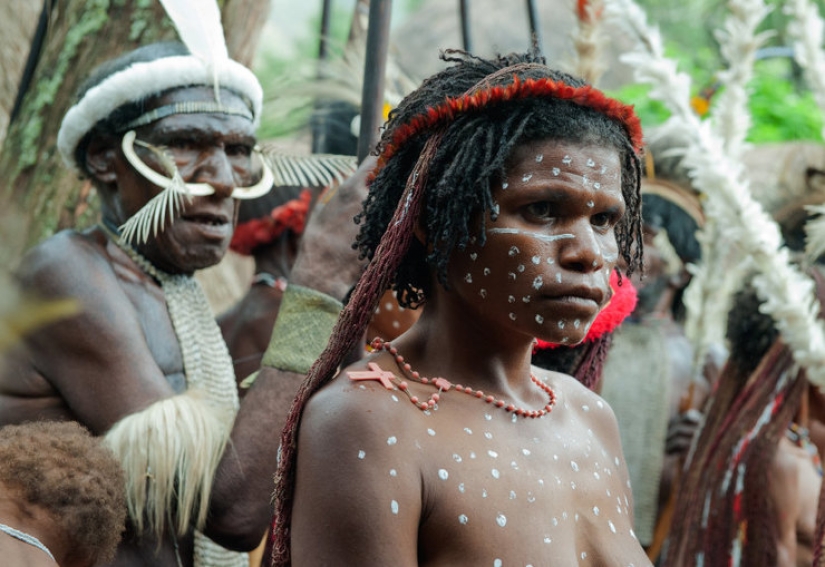
After a person dies, they store the body until all the relatives of the deceased can arrive at the place. It usually takes about three days. When everyone is assembled, the body of the deceased is fried and eaten. The blood relatives of the deceased do not participate in this, they only watch how distant relatives eat. In addition, all the property of the deceased is burned.
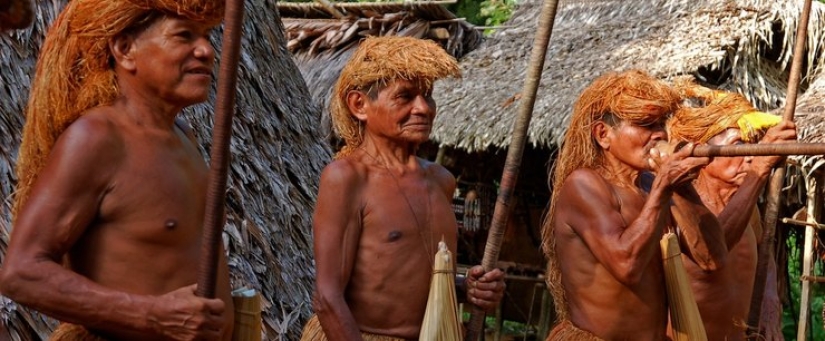
The meaning of this ritual is that it helps to come to terms with the loss of a loved one. Nothing reminds me of him anymore. The thought of leaving a body in the damp earth to decompose is as terrible for Varya as the thought of cannibalism is for us. American Betsy Conklin, who lived with Varya for 18 months, picked up a very accurate metaphor: "consuming grief."
Varanasi, India
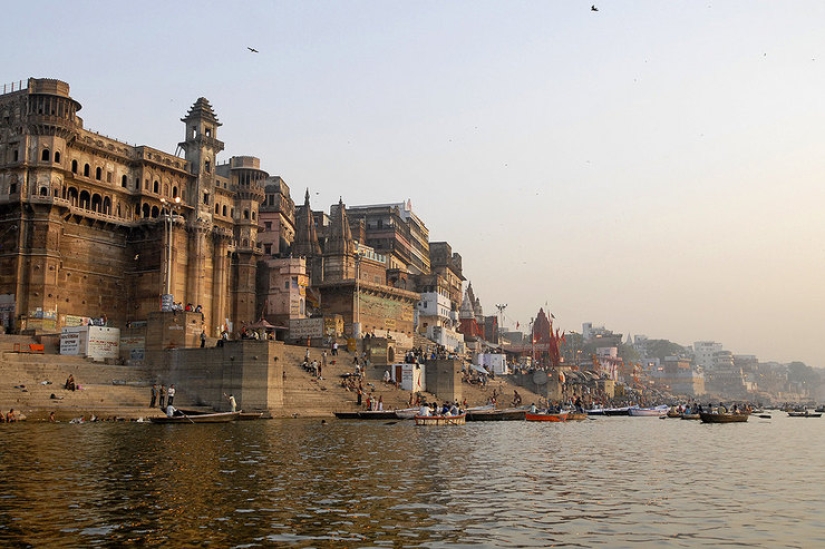
Founded a thousand years before the birth of Christ, Varanasi is one of the sacred cities of Hinduism, tens of thousands of Hindus from all over the world come here every year. In their view, this ancient city is the center of the universe. Here flourish, albeit sinister, but so epoch-making traditions that no one dares to trample on them.
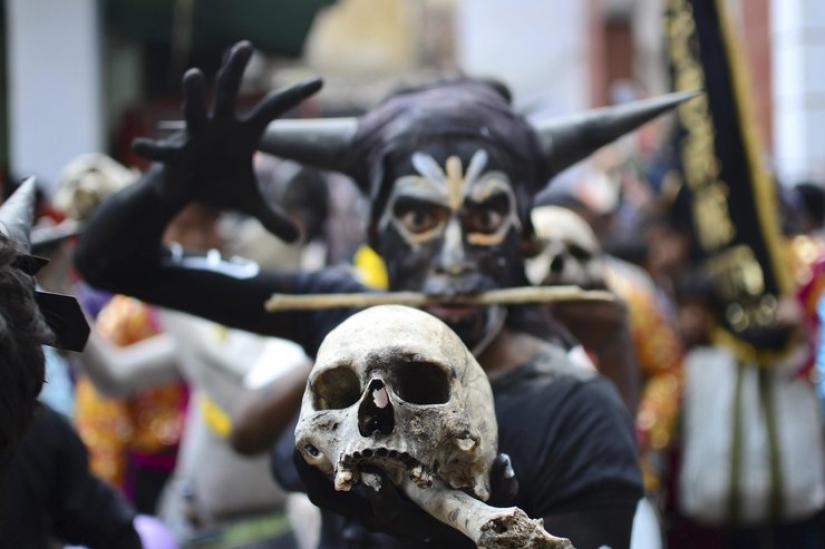
Death in Hinduism is just one of the stages of samsara, a milestone in the wheel of rebirth. And all Hindus strive for moksha - the end of this cycle, the end point. The Aghori, an ascetic religious sect of Varanasi, take a shortcut. They perform night rituals over the remains of people whose corpses, according to Hindu custom, are burned on the banks of the Ganges, gaining the opportunity to get as close as possible to moksha. Aghori are easy to recognize: they are smeared with cremation ashes from head to toe and wear necklaces made of bones.
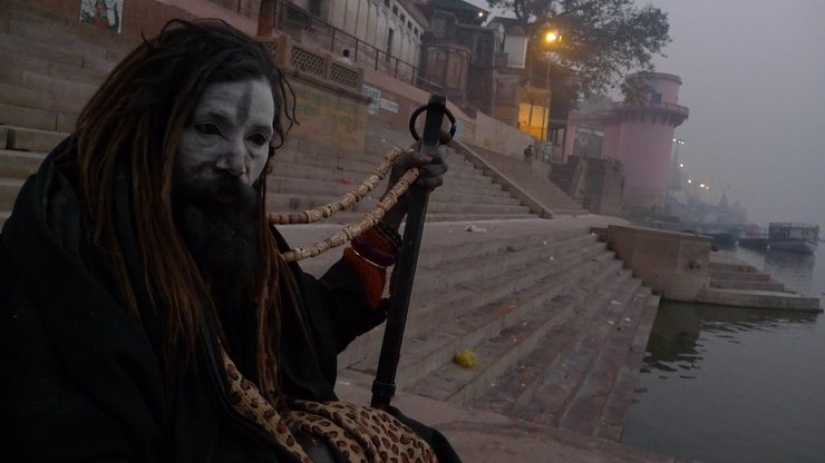
Now there are about a thousand active members of the sect in India. Despite the shocking rituals, the Aghori are treated leniently. Indians believe that if they prevent the monks - the "chosen ones of Shiva" - from eating the dead and performing rituals, then their souls will be cursed. There are no legal restrictions on this in the country.
Karavai Tribe, Papua New Guinea
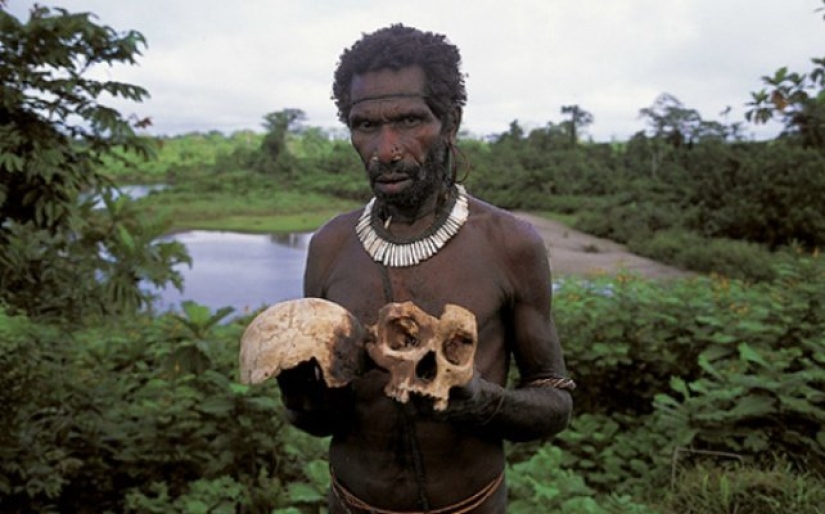
There are more cannibals in Papua New Guinea than supermarkets. Due to the lack of protein food, aborigines often dine with their comrades. However, in recent years, due to the epidemic of Kuru-Kuru disease, the scale of cannibalism has significantly decreased. But not in the loaf tribe. For its representatives, eating a dead person is revenge.
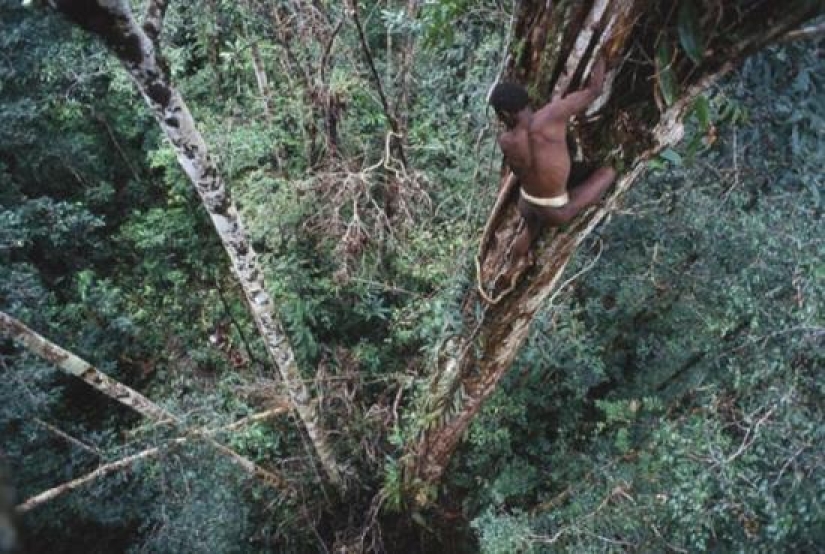
Says Australian journalist Paul Raphael, who once traveled through the forests of Papua New Guinea and Indonesia: "For a loaf, if someone falls out of a tree house or is killed in battle, the cause of his death will be quite obvious. But death due to illness is a mystery to them. After all, they don't know anything about germs and infections."
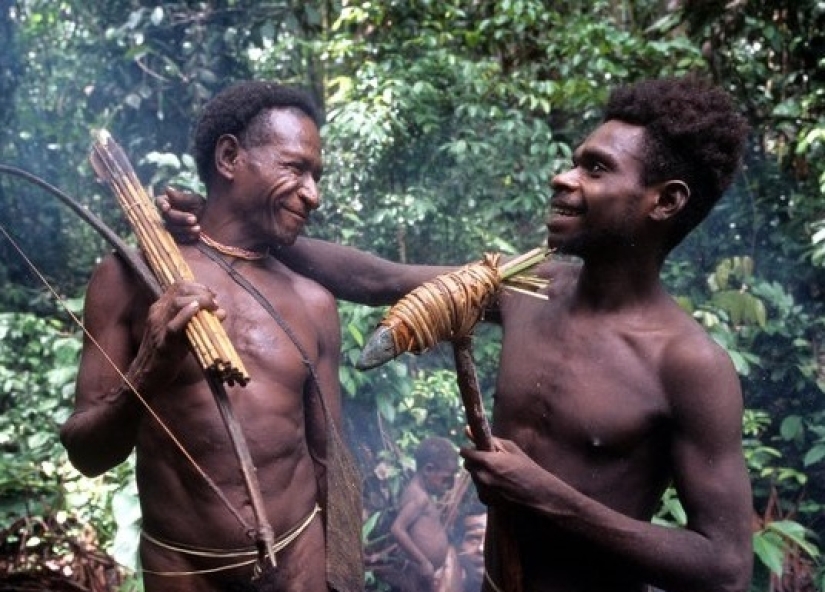
"The loaves are convinced that their tribesmen are being destroyed by a Hahua sorcerer who came from oblivion. Hahua captures the body and begins to devour it from the inside. And he needs to repay the same: eat him by eating a man who died because of Hahua."
Cannibals of Fiji
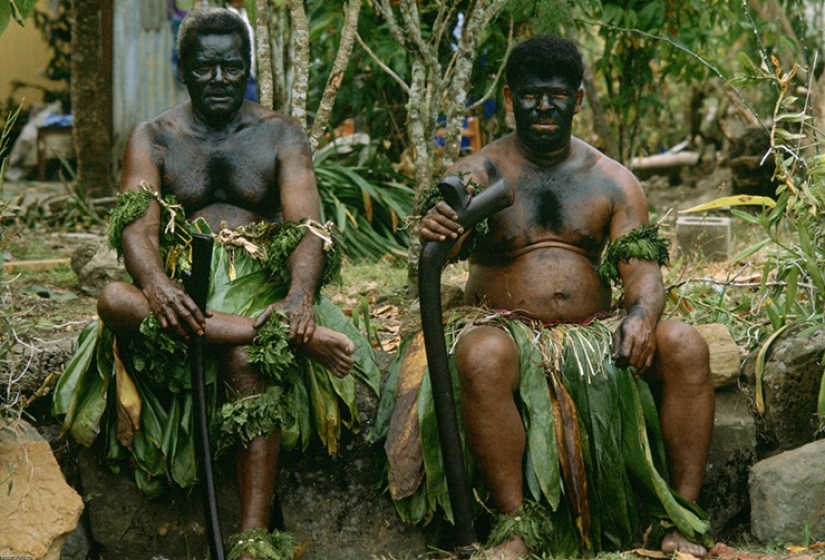
All the cannibals described above are not dangerous to outsiders and never kill people in order to eat them. But this cannot be said about some of the indigenous inhabitants of the island of Fiji. Of course, Fiji is no longer such a wild place as in the XIX century, when even missionaries were afraid to come here. However, there are still tribes living in the forests that remain faithful to traditions. They still kill their own kind for food.
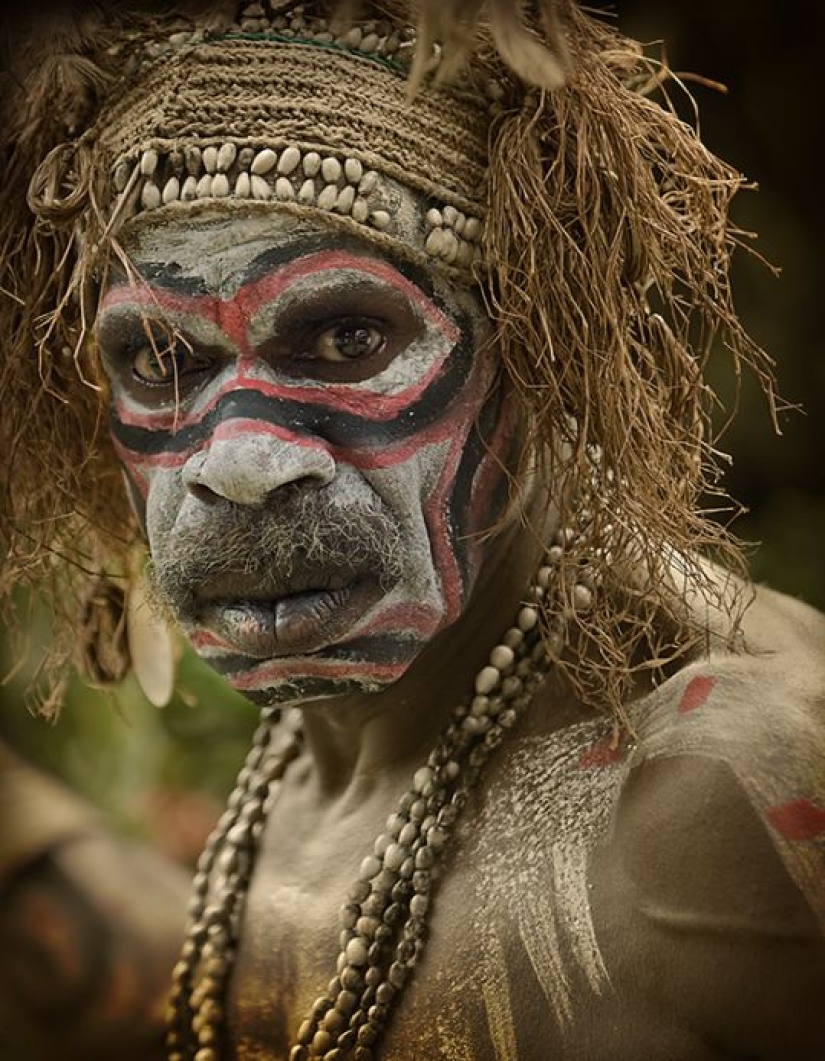
Not only are the tribes often at enmity with each other (these clashes almost always end with a bloody feast over the defeated), so they can also have dinner with tourists who accidentally wandered where they shouldn't. As recently as last summer, a message flashed through the news that a married couple had disappeared without a trace in Fiji. Presumably, she was eaten by cannibals.
Keywords: Food | Cannibal | Customs | Tribes | Death | Traditions
Post News ArticleRecent articles

It's high time to admit that this whole hipster idea has gone too far. The concept has become so popular that even restaurants have ...

There is a perception that people only use 10% of their brain potential. But the heroes of our review, apparently, found a way to ...
Related articles

American artist Lee Price is sure that eating is a completely natural process, but many are ashamed of their attitude to food, ...

What kind of wedding traditions do not happen! The Scots pour dirty slush over the bride, some peoples of India have decided to get ...

The Himalayas. Tibet. Something cosmic and ethereal sounds in the names. They attract visitors from all over the world. In front of ...

New Year's is a time to surprise and delight loved ones not only with gifts but also with a unique presentation of the holiday ...